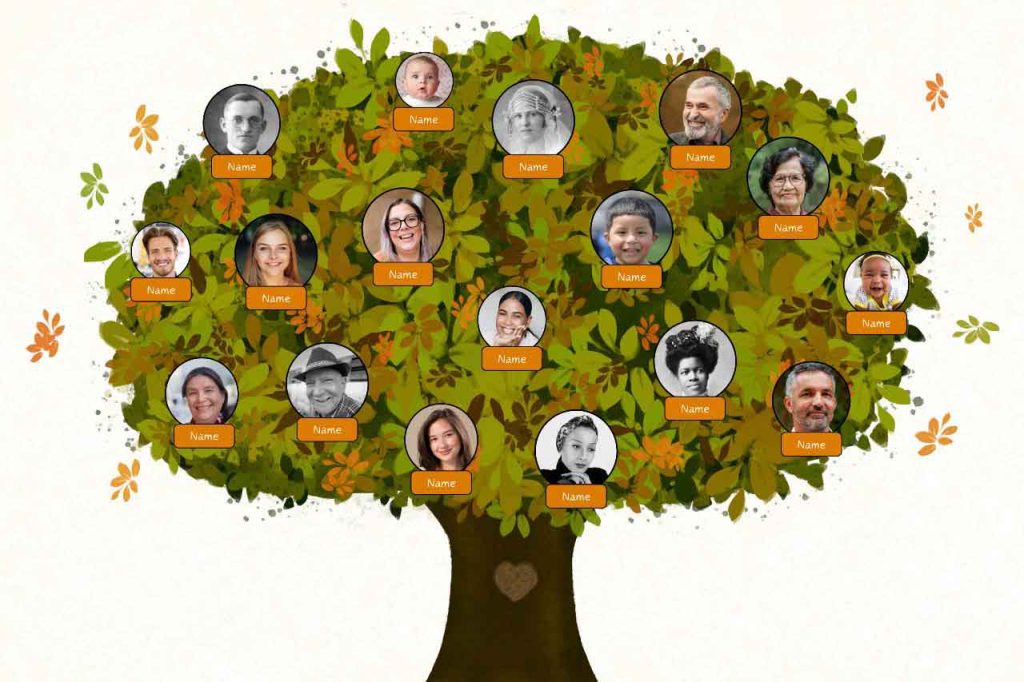Colorectal cancer stands as the third most prevalent cancer globally, affecting nearly 1.9 million new patients and accounting for over 900,000 deaths each year, according to the World Health Organization. Despite breakthroughs in diagnostic imaging and targeted therapies, its presence remains formidable—particularly as incidence rates rise among individuals under 50. Early warning signs can easily be mistaken for routine gastrointestinal issues, causing many to delay seeking medical advice. This widespread lack of awareness underscores the urgent need for proactive screening and preventive strategies.
In my years as a colorectal cancer specialist, I’ve witnessed the powerful impact of timely detection and lifestyle modifications in protecting patients from advanced disease. Below, I’ll share five critical steps I never skip when it comes to preventing and managing colorectal cancer. By following these guidelines, you too can help safeguard your colon health and support a healthier future.
Factors Contributing to Increased Incidence
One of the most troubling developments in recent years is the steady upsurge in colorectal cancer diagnoses among younger populations. While age remains a principal risk factor, a complex interplay of genetics, environmental exposures, and lifestyle choices appears to be driving these worrisome trends. Adopting Western-style dietary habits—laden with high-calorie, processed foods—alongside increasingly sedentary routines, has significantly escalated risk profiles across the globe. Coupled with societal shifts, such as delayed parenthood and prolonged stress, these patterns have lowered the average onset age for colorectal cancer in several countries.
These insights reinforce a simple but vital message: by understanding our family histories, optimizing our dietary and exercise routines, and remaining ever-watchful for early warning signs, we can collectively curb the burden of colorectal cancer.
Interview with Dr. Ursina Teitelbaum
To enrich our understanding of colorectal cancer prevention, we turned to Dr. Ursina Teitelbaum, a distinguished medical oncologist specializing in gastrointestinal cancers. Through her extensive clinical experience, Dr. Teitelbaum offers a wealth of practical advice:
“Awareness is key. By staying vigilant—knowing your family history, adopting a healthy lifestyle, and never hesitating to seek medical attention for concerning symptoms—people can dramatically reduce their colorectal cancer risks. And if the disease does arise, early detection typically allows for more effective and less invasive treatments.”
Dr. Teitelbaum further underscores that equitable access to screening and care remains a challenge in many regions. She advocates ongoing public health initiatives and policy changes that broaden screening availability, so individuals from every walk of life can benefit from lifesaving diagnostics.
1. Family History: A Crucial Indicator, I’d never ignore it.

Also: How to Avoid Early Death: 8 Science-Backed Keys That Can Add 20-Plus Years to Your Life
Why It Matters
Understanding family history has emerged as one of the most potent tools for assessing colorectal cancer risk. According to research published in the Journal of the National Cancer Institute, individuals with a first-degree relative diagnosed with colorectal cancer have a risk up to two or three times higher than average. Furthermore, hereditary conditions like Lynch syndrome and Familial Adenomatous Polyposis (FAP) can significantly increase the odds of developing aggressive or early-onset tumors.
Key Takeaways
- Discuss your family’s medical history with your healthcare provider, especially if close relatives received a diagnosis at a younger age.
- If a parent or sibling was diagnosed, start screening 10 years before the age at which they received their diagnosis (or by age 40–45, whichever comes first).
- Genetic counseling can help identify inherited mutations, guiding you toward tailored preventive measures—including more frequent screenings.
CLICK NEXT to Discover the rest of 5 Things you should Never, Ever Do


